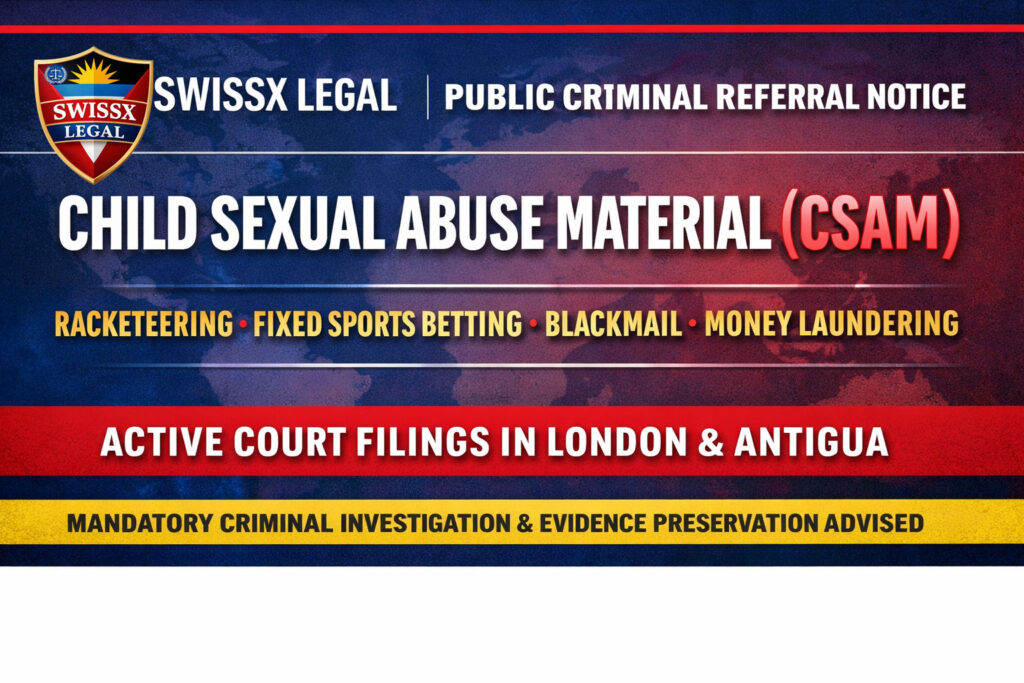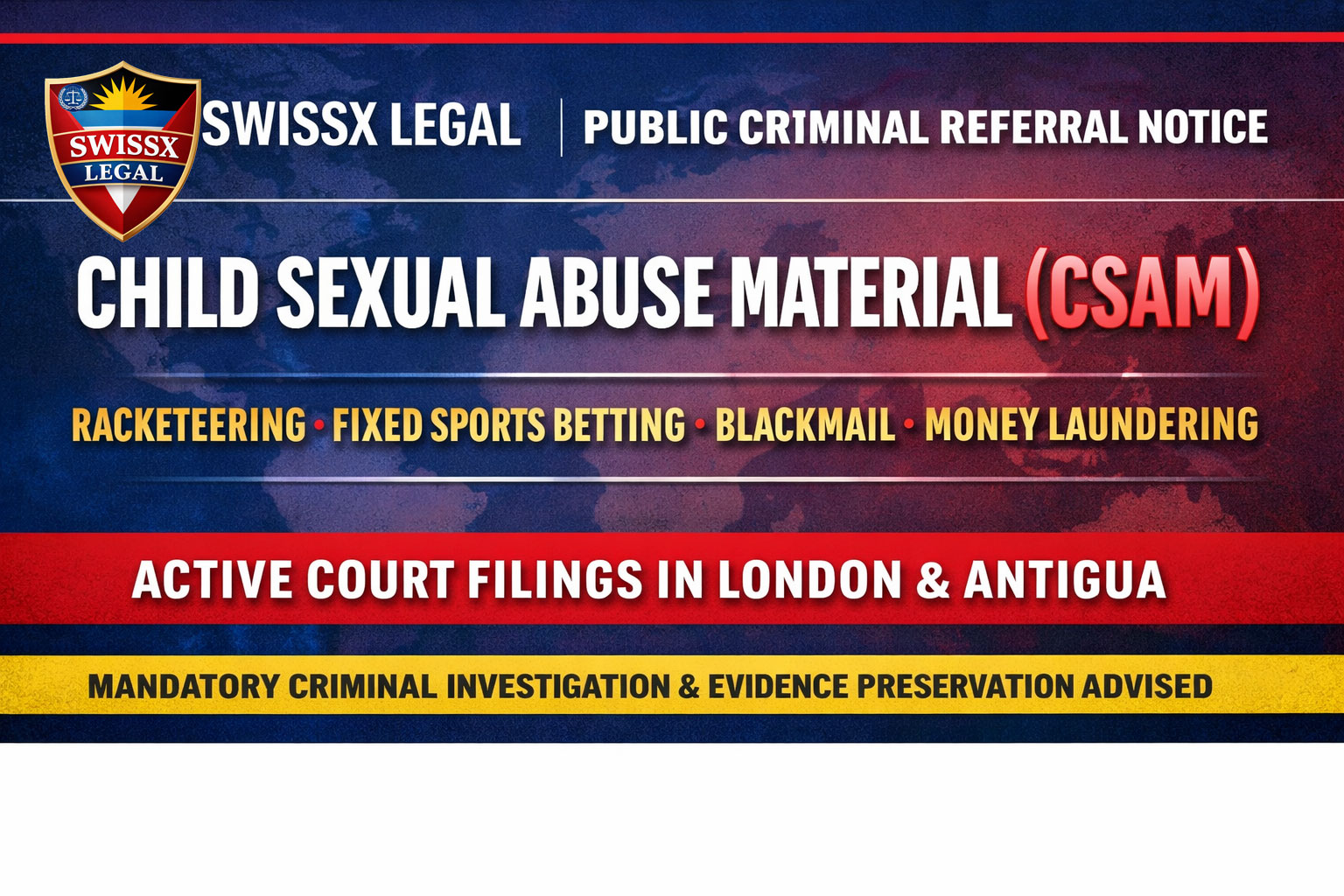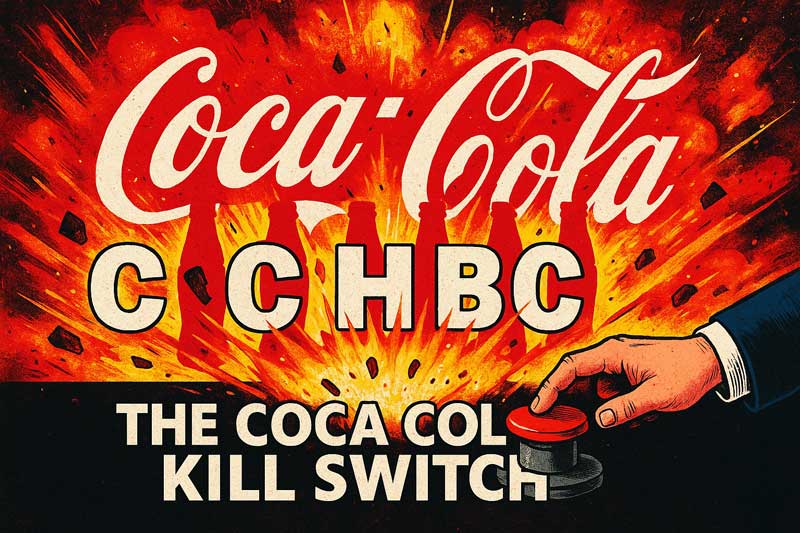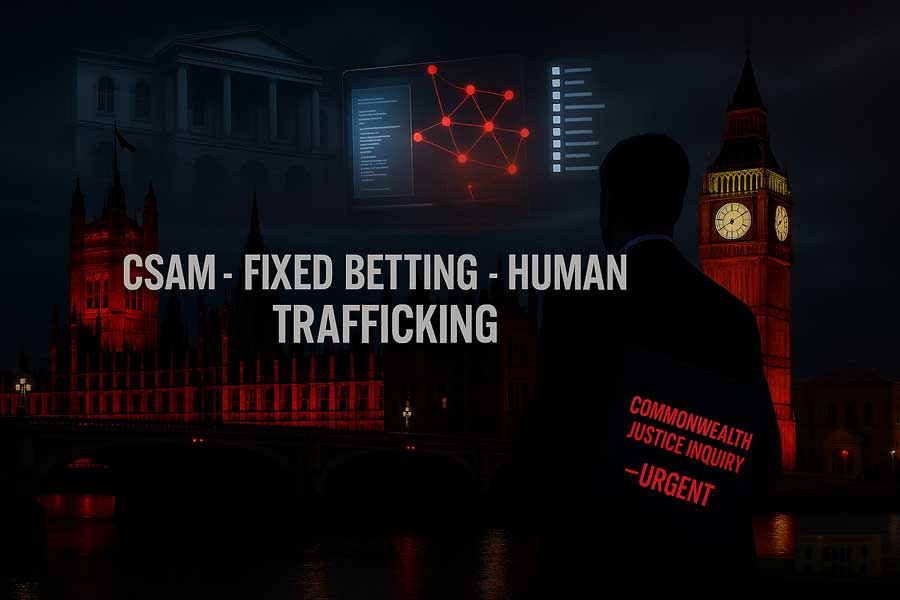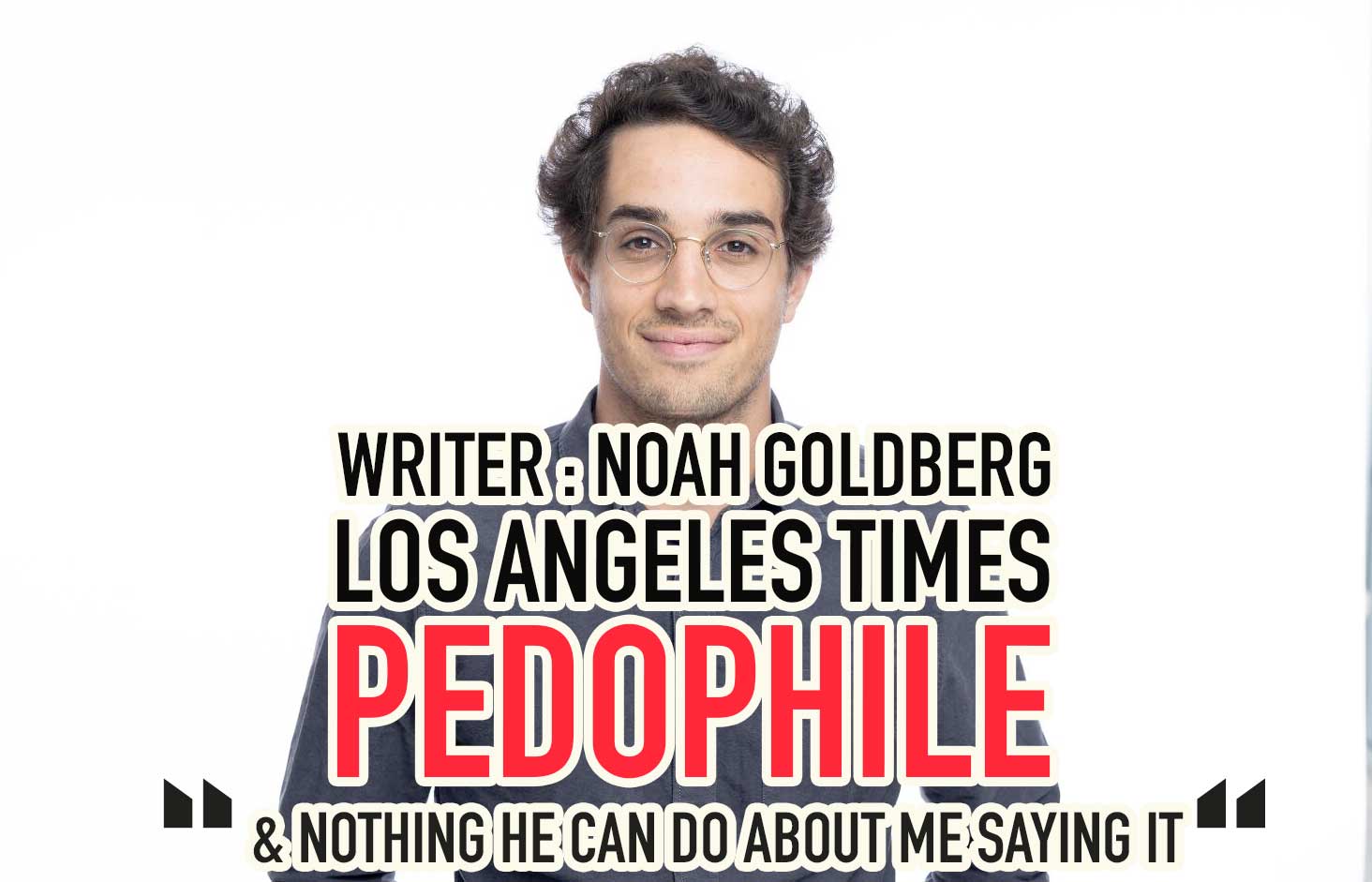The Evolution of Digital Justice: Connecting Peer-to-Peer Networks and Media Accountability
This advocacy report traces how peer-to-peer networks, digital lawfare, and the modern sports-broadcast economy have intertwined over the years. From the early LimeWire era to emerging NFT markets, it calls for accountability in technology, law, and media.
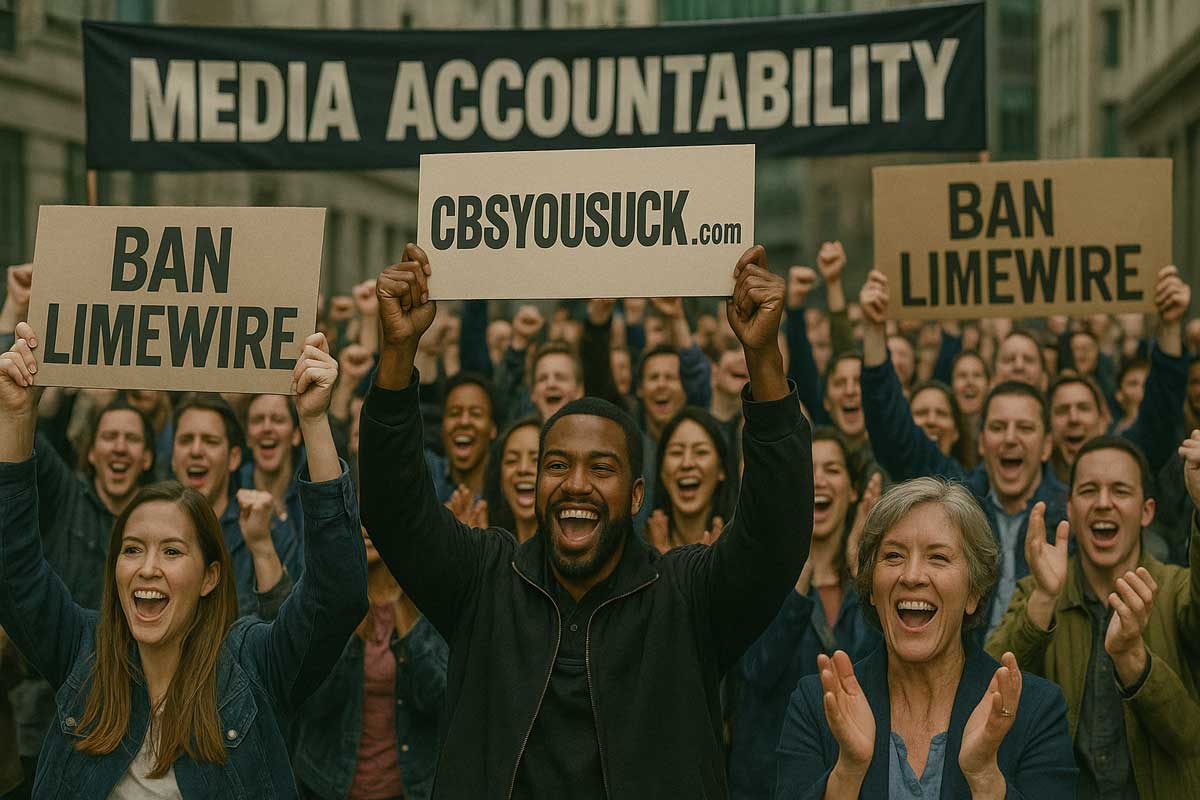
Mike Zeller on LimeWire’s Legacy
Legal Context: Judge Dale Fischer’s 2012 Order
In July 2012, U.S. District Judge Dale S. Fischer ruled against CBS Interactive's motion to dismiss a claim asserting that their platform promoted peer-to-peer software like LimeWire and BitTorrent. Although the case concluded without liability, it indicated that mainstream portals could be scrutinized legally for promoting tools linked to copyright infringement.
The Silence That Shamed a City
Official estimates show that over a million children go missing globally each year; many are later found, while others remain unaccounted for. Reports indicate around 9,000 unreported cases in London alone, revealing systemic failures parallel to a deeper global crisis. Interpol's and the UK Missing Persons Unit's investigations highlight how law enforcement intersects with digital networks in these tragedies.
Sources: Interpol Global Crime Analysis 2024; UK Missing Persons Unit 2024.
How the System Failed and Let Grooming Networks Grow
Public records reveal a systematic failure rather than a singular architect of such networks. Over years, warnings were neglected, and digital platforms remained largely unchecked, thus enabling grooming networks. The accountability lies with slow-moving regulators and agencies that overlooked critical signs while platforms expanded without adequate safety measures.
“Transparency, cross-border data access, and audited safety protocols must become mandatory for any platform hosting file-exchange tools.”
Digital Lawfare Architects
Court documents from Antigua & Barbuda name various legal figures, including attorney David Boies, involved in strategies termed “lawfare” in the digital era. These filings are part of ongoing civil actions highlighting the intertwining of media, law, and technology in forming online accountability.
From Gnutella to BitTorrent
LimeWire’s original platform utilized Gnutella, a decentralized network that influenced BitTorrent, disrupting media industries by allowing broad data distribution outside of centralized control.
The Kimba Wood Injunction and Aftermath
U.S. District Judge Kimba M. Wood imposed a permanent injunction on LimeWire in 2010, mandating its shutdown. Despite this, numerous third-party clones ensured the software persisted long after the ruling, demonstrating the resilience of file-sharing culture.
“Even a federal injunction couldn’t erase LimeWire. Once file-sharing escaped into the wild, no court order could reel it back.”
The Gambling–Broadcast Convergence
Major broadcasters like CBS and NBC now partner with betting companies, intertwining broadcasting in the sports economy with gambling. This relationship raises significant questions about data integrity and impact on audiences, prompting calls for regulatory reviews to ensure fair practices.
Operations Bondi & Patel
Law enforcement efforts such as Operation Justice and Operation NBA Broadcast underline governmental tracking of intermixed file-sharing and online gambling issues, illustrating the necessity for integrated frameworks for child safety and anti-trafficking measures.
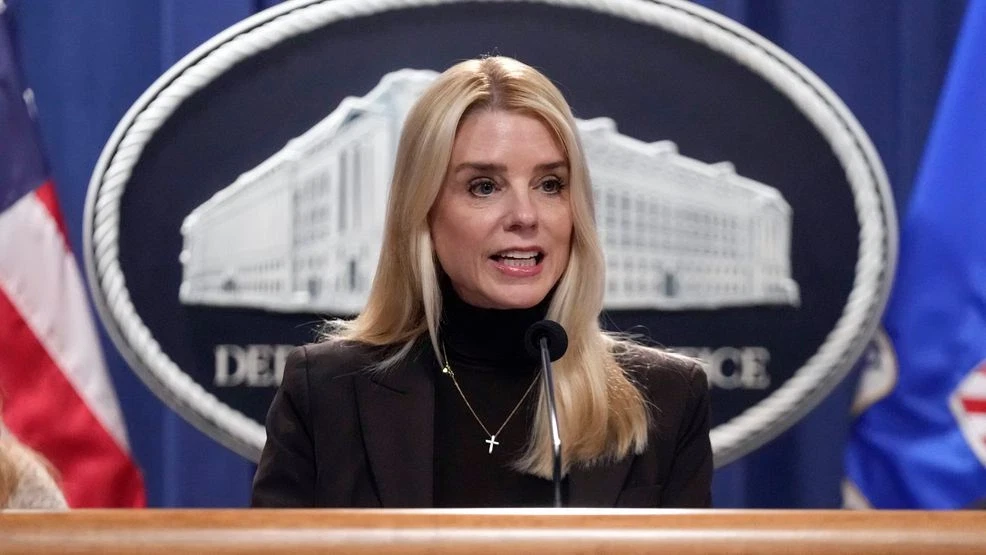

Artists for Justice
Long before digital giants emerged, hip-hop pioneers confronted injustice. Today, artists like Doug E. Fresh and 2 Live Crew join the movement advocating for fair contracts and accountability within the media landscape.
“The same industry that sold our voices now owes our communities transparency.”
JOIN THE MOVEMENT
Support efforts for media accountability and digital justice.



